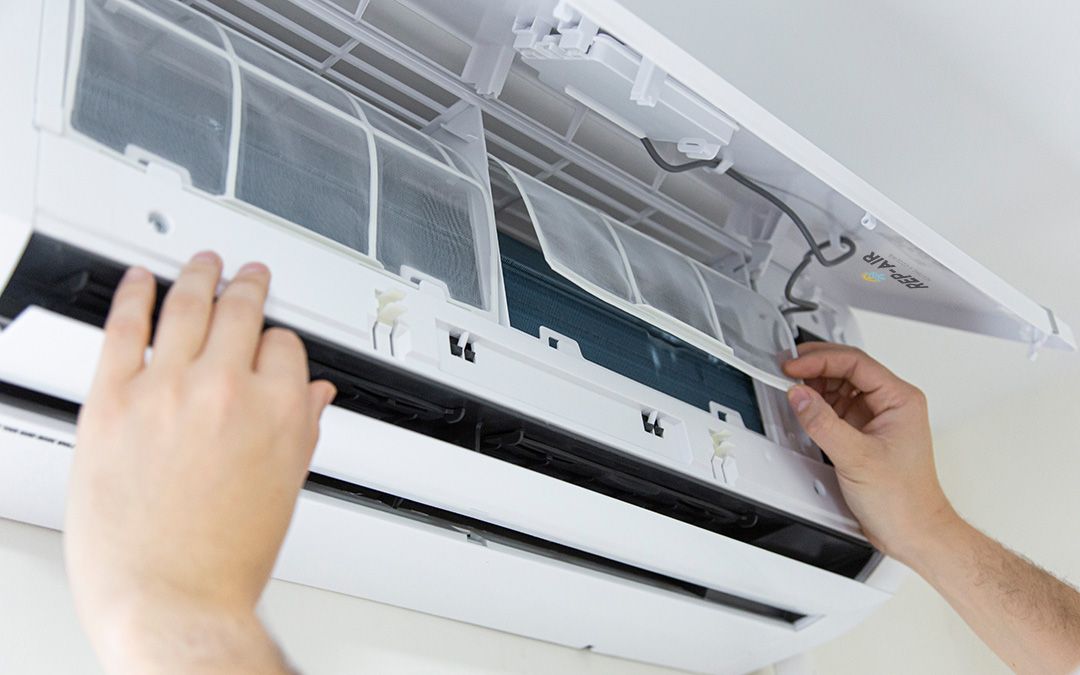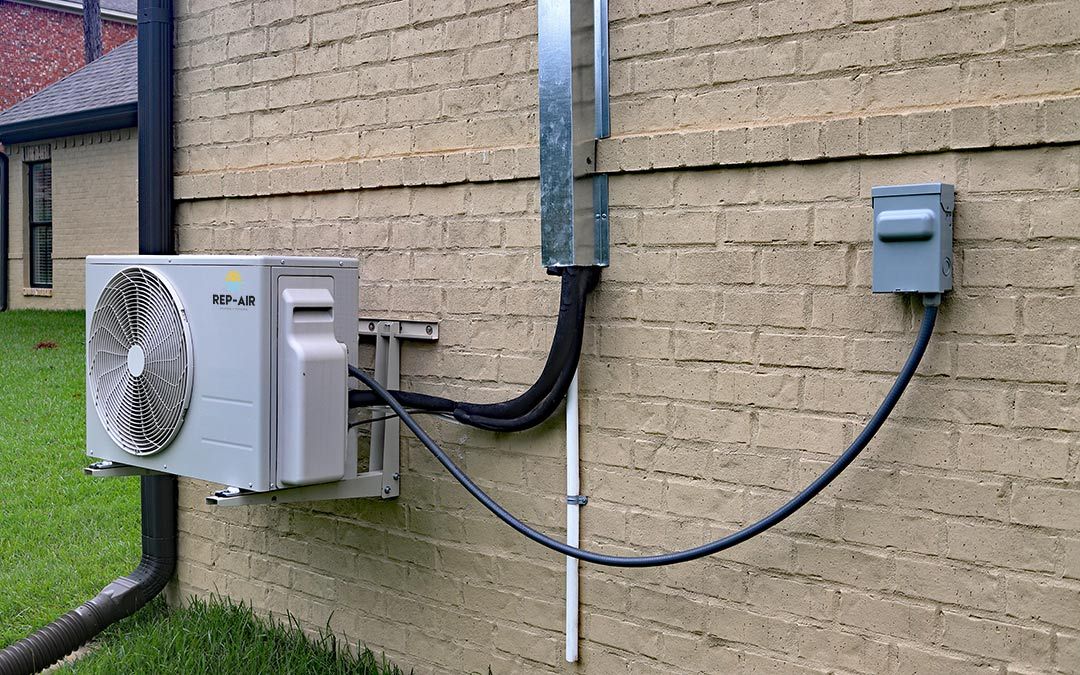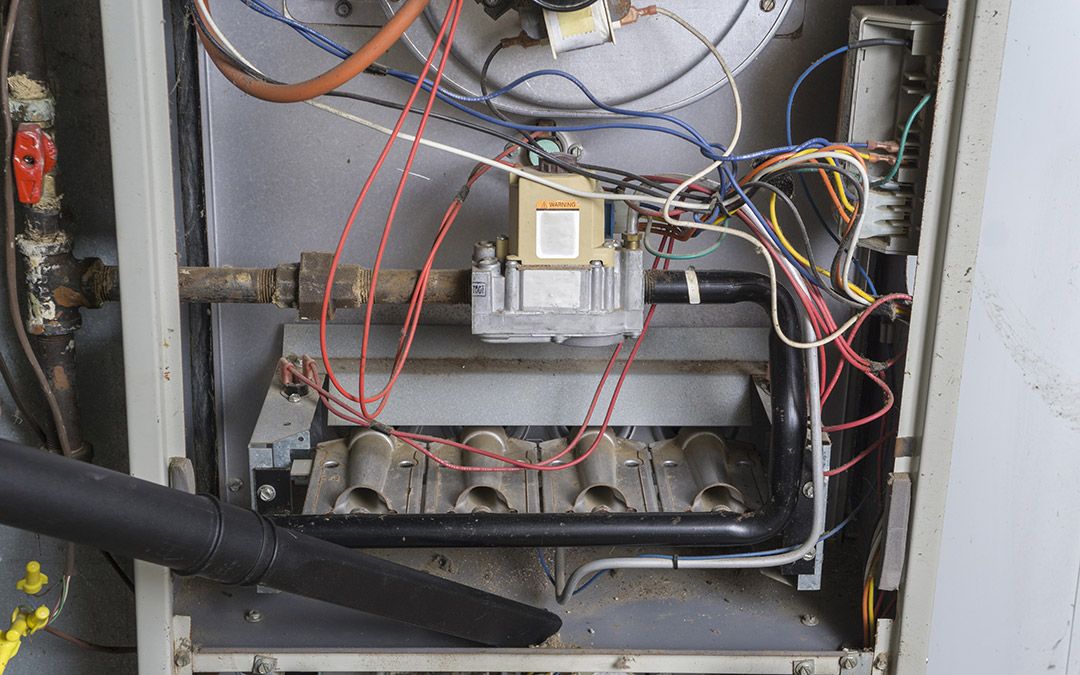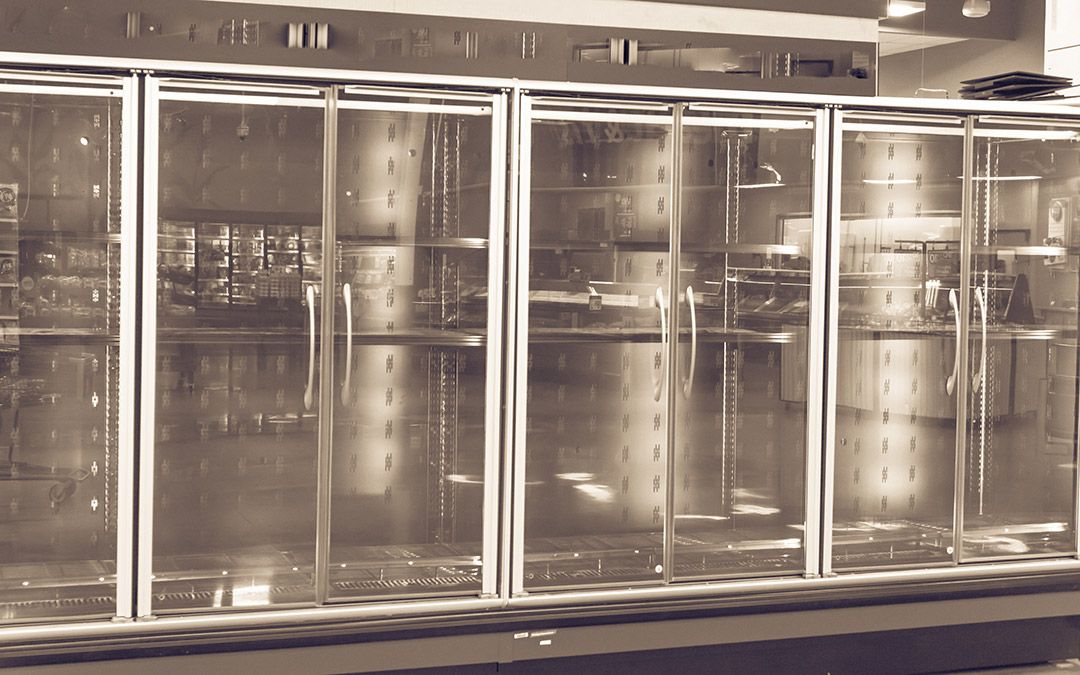How to Get HVAC Service with Minimal to No Contact
The times we live in right now are uncertain; more people are working from home or self-isolating to stay safe. As of March this year, we’ve had to close our own doors indefinitely since a lot of our services include in-person repairs and replacements, to keep our own customers safe in these troubling times.
One thing we know for certain though is just because we’re not meeting one-on-one, that doesn’t mean you shouldn’t get good quality HVAC service. We’re in a low season right now and it’s too easy to tell yourself that you don’t need HVAC help, but that’s a dangerous assumption to make because it leads to all of the problems we’ve outlined in our blog that can happen: emergency breakdowns, problems when starting up the air conditioner or furnace, little to no heating or cooling happening…the list goes on.
We want you to stay safe and healthy during this concerning part of our current world’s history, so here are some tips we know you’re going to need right now. Here’s how to get good quality, honest HVAC service with no in-person contact to put you and your family at risk.
- Phone or E-mail Your Technicians
Even though some of us are still technically not open, that doesn’t mean you can’t ask for help in case of an emergency! Calling your technician over the phone is one way to get guidance on emergency care tips or if you’re in need of a possible estimate. E-mail is another virtual way to get the help you need.
- Take Pictures of Your HVAC
Sometimes describing the problems you’re experiencing over the phone are not enough to express the seriousness of your situation. The best thing you can do at this time is to grab your phone or any camera you have on hand and start recording what’s happening. Not only is it helpful to take photographs, but also you could record videos to capture the sounds that are part of the problem, such as hissing or loud banging.
- Allow Your Technicians Entry
Supposing the estimate provided is acceptable, and your HVAC situation is a very urgent one, your technicians will have to come in person to fix the problem. That being said, you can make your appointment with the technician a contactless one. Leave the basement door unlocked if the issue is your furnace or hot water heater, and head upstairs or outside while we work inside. We can work outside and maintaining social distance if your problem involves an outdoor unit.
If for any reason you are under quarantine and can’t let anyone in, but you still require assistance, we can guide you over the phone on what needs to be done before you can allow anybody else inside.
- Stay Calm
If you’re facing any of the most common HVAC problems such as little to no airflow or heat, it’s disconcerting for sure. However, nothing will get done if you choose to panic at the first sign of HVAC failure. The best thing to do is to stay calm and follow the above tips for emergencies and contactless service. If you’re working from home temporarily or have time, now is a great moment to perform HVAC maintenance such as cleaning the air filter and the outside of your units. Feel free to check out our spring cleaning tips for HVAC and put them to good use while you wait for things to settle down.
Stay healthy and safe during these tough times, and know that your HVAC is still in good hands—even if you need to practice social distancing. We’ll get through this and be stronger on the other side for it! At Rep-Air Heating And Cooling we provide our customers with many options that will best suit your needs from heating and cooling to refrigeration. Contact us today for your complimentary quote: 1-844-218-3362 or contact@repairheatingandcooling.com and don’t forget to take a look at our website: https://repairheatingandcooling.com. Follow us on Facebook and Instagram.










